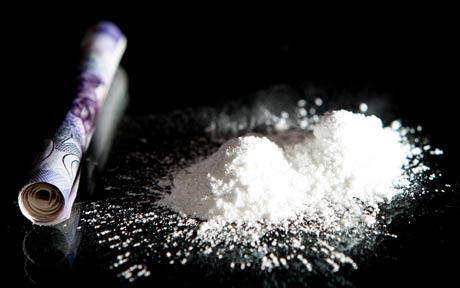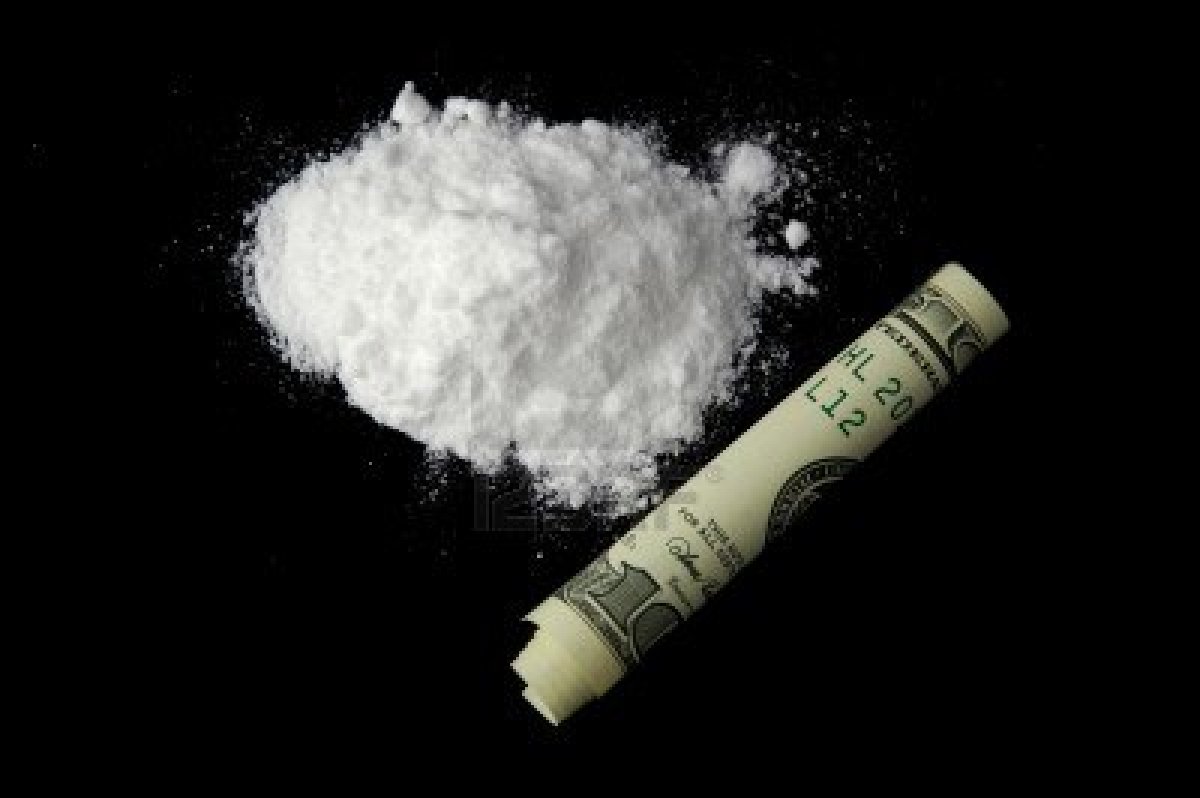Cocaine
Cocaine is a powerful stimulant that causes euphoria, intense hikes in energy and heightened anxiety when it is smoked, eaten, injected or snorted. Substantial cocaine use takes place throughout every corner of the world, and despite the dangers and risks associated with regular cocaine abuse, Medical University of South Carolina claims that cocaine use continues to range from recreational or occasional use to patterns of compulsive involvement that present extremely addictive behaviors in nature.
History of Cocaine
According to the Center for Substance Abuse Research, cocaine has been consumed since ancient times when South American cultures chewed on the leaves and stems of the Coca plant to produce the euphoric sensations often sought during rituals and religious ceremonies. It wasn’t until the late 1800s that cocaine would become known as a household drug in the United States. A that time, the drug was widely used in Coca Cola drinks and was not considered a drug so much as it was considered an additive similar to caffeine. In small doses, cocaine was considered perfectly safe and acceptable for use.
By the early 1900s, cocaine was banned from regular use and was no longer found in Coca Cola products or in wine or similar concoctions. Early in the 1960s the drug made a strong comeback in the party scene and was used widely through the 70s, 80s and beyond. Today, Cocaine is considered a Schedule II controlled substance with a moderately high potential for abuse and misuse. No medical uses for the drug are acceptable in the United States and it continues to be one of many illicit substances causing problems on the streets.
How Cocaine is Abused
Most of the time, cocaine users will sniff the product to produce immediate euphoria and sensation. However, the drug can also be smoked, injected or consumed. When cocaine is mixed with other products and chemicals to produce the hardened form of the drug which is generally smoked, it is called crack. Smoking cocaine, injecting it or snorting it can all produce an almost immediate high that can have lasting effects.
Short Term Effects of Cocaine
When the user takes cocaine, the effects are almost immediate and tend to dissipate rather quickly. Because of this, most people who abuse the drug recreationally will exhibit repeat drug seeking behavior. The user will repeatedly use the drug over and over in an effort to keep the “high” up and to prevent the “come down.” According to the University of Delaware, short term effects of cocaine use include:

Increased alertness is a common side effect of cocaine.
- Euphoria
- Energy
- Increased desire to talk
- Increased alertness and heightened sensations to sight and sound
- Increased blood pressure
- Rapid heart beat
- Dilated pupils
- Anxiety and paranoia
- Twitching
- Reduced appetite
Long Term Effects of Cocaine
While the immediate effects of cocaine tend to wear off rather rapidly, the long term effects of using this drug can persist for many months or even years following a dose. Of course the most significant long term impact of using cocaine is the development of an increased tolerance and addiction to the drug. Addiction can take years to overcome and often requires counseling, therapy and massive amounts of support to help the user remain abstinent and clean. Additional long term effects of cocaine use include:
- Irritability that persists and does not easily go away
- Changes in mood and abrupt mood swings
- Restlessness or inability to sit still
- Insomnia or difficulty sleeping
- Hallucinations that are auditory and sometimes visual
- Cocaine induced psychosis which resembles schizophrenia or other forms of psychosis
- Heart damage
- Damage to the stomach, liver, or kidneys
Dangers of Cocaine Use
Users suffer an array of potential consequences when they take cocaine. Long term use is responsible for various consequences including heart damage, damage to other organs, changes in the chemical composition of the brain and even permanent psychiatric complications such as depression or anxiety. Delusional behavior is common in people who have abused cocaine for a prolonged period of time.
According to Brown University, additional dangers of cocaine abuse include:
- Irregular heartbeat or arrhythmia
- Damage to the lining of the heart
- Heart attack or stroke
- Heart failure
- Damage to the nose, septum or sinuses from snorting cocaine
- Sexual dysfunction
- Heightened risk of sexually transmitted diseases such as AIDs or HIV
- Heightened risk of intravenously contracted diseases or infections from injecting cocaine
- Increased risk of injury resulting from violent outbursts or aggressive behaviors while under the influence of cocaine
- Cocaine induced psychosis
- Infections in the brain
- Depression, anxiety or other psychiatric issues
- Damage to the lungs
- Asthma
- Respiratory failure
- Sudden death
When to Consider Cocaine Inpatient Detox Treatment – 3 Warning Signs
Cocaine Addiction Signs
Repeat use of cocaine can and often does lead to addiction. When an individual becomes addicted to this drug, “when the drug use is stopped, withdrawal symptoms occur,” according to the CESAR. Cocaine addiction presents itself in a number of ways. Most users will exhibit at least some, if not all of the following signs if they are addicted to cocaine:
- Persistent cravings to use cocaine
- Heightened tolerance which requires increased use to produce similar effects
- Inability to control drug use despite a desire to do so
- Symptoms of withdrawal when the drug is not used
- A desire to quit with an inability to find the strength to quit
- Health, emotional, legal, financial or other problems resulting from cocaine use—but a continued desire to use
- Failure to commit to promises to quit despite the consequences of continued use
If someone you love is addicted to cocaine, it’s important to take steps toward getting help. Without treatment, counseling and support, the user could be at risk for serious consequences including overdose, cardiac failure or even death.
Cocaine Withdrawal
Withdrawal from cocaine occurs when a user has developed a dependence on the drug and then tries to abruptly lower to the dose or to completely reduce the dose down to a zero dosing tolerance. The body reacts in a way that is uncomfortable and often unpleasant. Cocaine withdrawal symptoms, though not generally dangerous or deadly, can be difficult to cope with. They may include:
- Chronic fatigue
- Vivid dreams
- Nightmares
- Depression
- Irritability and mood swings
- Agitation and violent outbursts
- Intense cravings for the drug
- Anxiety and heightened paranoia
Treatment for Cocaine Addiction
Individuals who become addicted to cocaine are not left to cope with their problem alone—there are in fact a number of treatment options available to assist people in making the comeback from cocaine addiction back to stable living. According to the University of California, “behavioral treatments have been shown to be effective in addressing cocaine addiction by helping patients recognize, avoid, and cope with situations in which they are most likely to use cocaine.” There are no medications that have been FDA approved for the treatment of cocaine addiction, but certain medications such as antidepressants or anti-anxiety medications may be prescribed to help ease certain symptoms associated with cocaine withdrawal during treatment.
If you suspect an addiction to cocaine, contact a referral specialist right away for help. Early treatment is key to sustained recovery—there’s no better time to get help than the present! Seek help through a counselor, therapist or medical professional who can provide you with the proper level of monitoring, support and intervention to prevent you from falling back into old habits and using cocaine after you have made a decision to quit.
Calls to the general helpline will be answered by a paid advertiser. By calling the helpline you agree to our terms of use.






